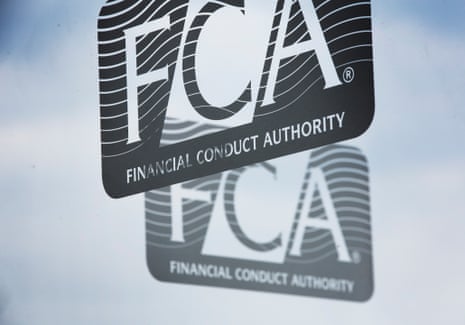A City banker has been arrested by the Serious Fraud Office in connection with its investigation into the rigging of the £3.5 trillion-a-day foreign exchange markets.
The banker is the first person to be detained in connection with the global foreign exchange rate-rigging scandal and was held following a dawn raid on his Essex home.
“In connection with a Serious Fraud Office investigation, we can confirm one man was arrested in Billericay on 19 December,” an SFO spokesman said. “ Officers from the City of London Police assisted with the operation.”
The arrest follows a record-breaking £2bn fine imposed on five global banks for their role in the scandal. About 30 bankers have been sacked or suspended but until now no arrests have been made.
Bankers were found by the UK’s City regulator, the Financial Conduct Authority (FCA), to have colluded to fix rates between 2008 and October 2013.
Bankers using online chatrooms – where they called themselves the “A-Team” , “The Three Musketeers” and “The Players” – colluded to fix rates to make millions for their employers and collect big bonuses for themselves, according to transcripts released by the regulator.
The conversations between the bankers, some of whom used the name “1 team, 1 dream”, recorded one saying: “How can I make free money with no fcking [sic] heads up.”
Another message, sent after Swiss bank UBS made £322,000 in a single deal, read: “He’s sat back in his chair, feet on desk, announcing, that’s why I got the bonus pool. Made most people’s year.”
In other messages traders made remarks such as “nice job mate” and “yeah baby” as they discussed foreign exchange rates.
The FCA said it had found a “free for all culture” on trading floors that allowed the market to be rigged for such a long time.
The fines, which were far bigger than those handed out for Libor rigging, were imposed on Royal Bank of Scotland, HSBC, Citibank, JP Morgan and UBS.
At the time of the fines last month Martin Wheatley, chief executive of the FCA, said the regulator would “not tolerate conduct which imperils market integrity or the wider UK financial system”.
“Firms must make sure their traders do not game the system to boost profits or leave the ethics of their conduct to compliance to worry about,” he said. “At the end of the day companies might have lax controls that allow bad things to happen but it’s people that do bad things.”
On the day of the fines the chancellor George Osborne said: “Today we take tough action to clean up corruption by a few so that we have a financial system that works for everyone. It’s part of a long term plan that is fixing what went wrong in Britain’s banks and our economy.”
Osborne said the UK government’s share of the money from the fines will be pumped into the NHS. The fines swelled Treasury coffers by £1.1bn helping reduce the government’s borrowing figures in November. Office for National Statistics data showed public sector net borrowing stood at £14.1bn in November, down 10% from 2013. Without this boost, the underlying improvement would have only been £500m.
The US Department of Justice is also investigating the rate-rigging scandal.
